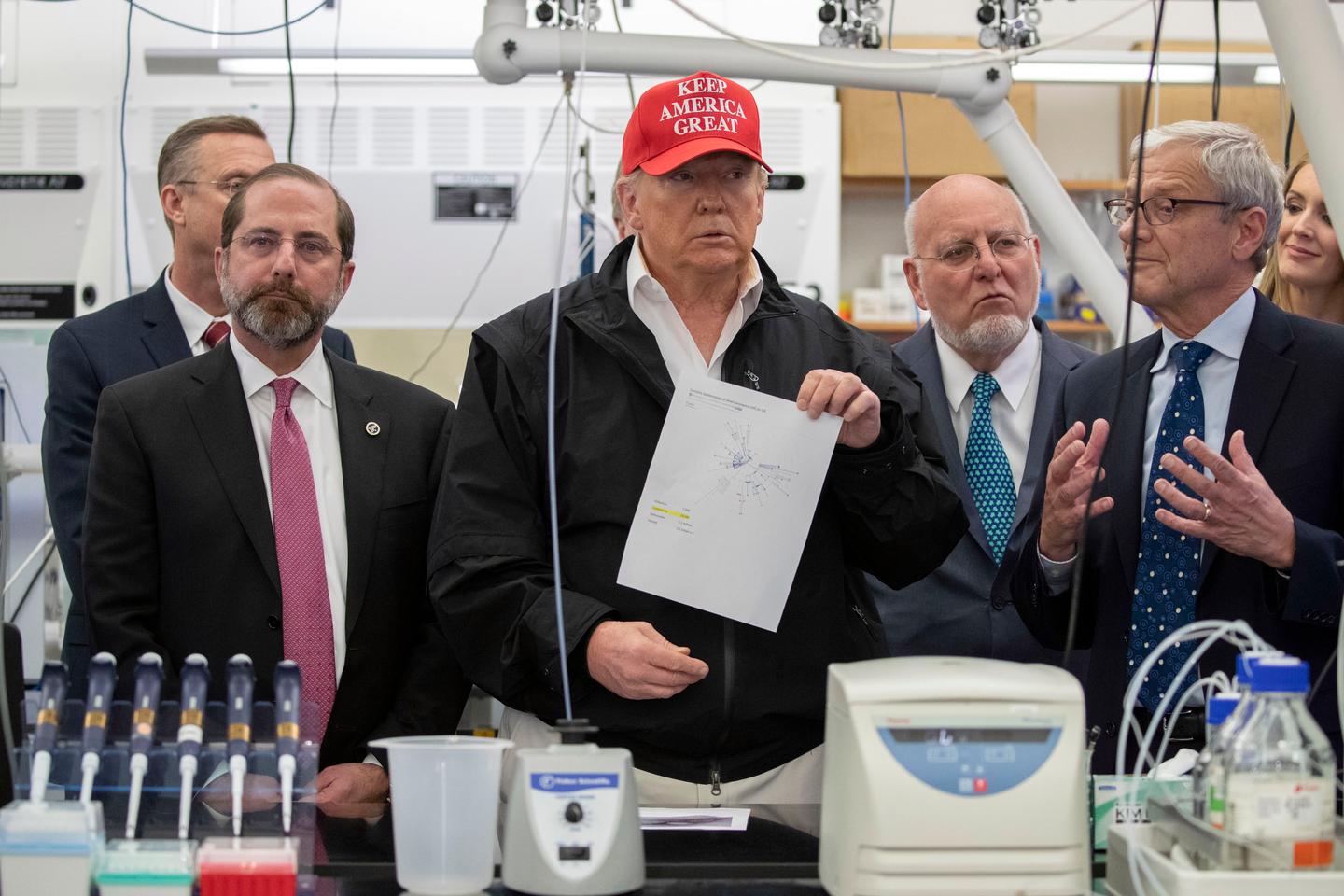


Donald Trump's return to the White House has raised deep concern among the scientific community due to his skeptical stance toward scientific consensus and his appointment choices, which reflect a clear hostility to established facts. An unprecedented politicization of the leadership of research institutions and agencies is looming in the United States, threatening the rigor and integrity of evidence-based decision-making in critical areas such as climate, public health and innovation. However, it's not just science that is under threat but also the role it plays in democracy.
The controversial appointments include, of course, the secretary of health and human services, entrusted to the outspoken conspiracy theorist and anti-vaxxer Robert F. Kennedy Jr., an "actively dangerous" man that 77 Nobel Laureates warned the Senate about in early December 2024. The Senate must now confirm this nomination.
Leadership will also change in several agencies: NASA, awarded to Jim Bridenstine, who has no scientific background and rejects the consensus on climate change; the NIH (the National Institutes of Health), assigned to Mehmet Oz, a controversial media personality who has promoted unproven medical treatments; and the EPA (the Environmental Protection Agency), for which the Senate considered Lee Zeldin's nomination, a radical opponent of environmental protection.
These appointments illustrate Trump's contempt for scientific consensus, particularly those that stand in the way of his deregulatory agenda. The president has promised, with the help of Elon Musk, to "purge" certain federal scientific agencies such as the CDC (Centers for Disease Control and Prevention), the FDA (drug regulatory agency) or the EPA.
Scientific freedom and freedom itself
Today, American scientists are actively rallying to protect science. When it comes to climate change, which Trump described as a "hoax," 30,000 researchers at the American Geophysical Union fear not only funding cuts or the withdrawal of the United States from the Paris Agreement but also outright censorship. They are working to prevent any future destruction of research data.
You have 63.48% of this article left to read. The rest is for subscribers only.
